Autonomous LLM Agents: Risks and Scientific Challenges
Introduction
Registration is now open! This thematic semester will take place in Montréal, on the Campus MIL at Université de Montréal.We encourage interested researchers from across the Canadian AI ecosystem to participate in these workshops to build collaborations and engage in these prescient discussions.
At a time when large language models are already transforming our daily lives, a new revolution is brewing in research labs and in the industrial world: autonomous agents. IVADO, a centre of excellence in AI, is organizing a thematic semester dedicated to this emerging field that raises as many hopes as it does questions.
From August to December 2025, the Université de Montréal campus will become the global epicentre for reflection on these artificial entities capable of representing us and acting independently in the world. This major evolution has implications that extend far beyond the technological framework given their potential impacts on society.
While large language models have already demonstrated impressive capabilities in generating text or code, the transition to autonomy represents a considerable qualitative leap. Emerging autonomous agents—such as those being developed by tools like Operator and Claude—can already perform tasks like navigating the web to purchase items, posting content on social media, executing complex workflows by interacting with software interfaces, or calling tools like calendars, email, or banking apps. These examples hint at the profound potential of agents to operate independently across digital and physical environments. With numerous technical challenges still to be mastered, it is essential to anticipate and address the technical, ethical, economic and societal issues raised by these technologies.
- How can we create agents capable of operating in complex environments without constant human supervision?
- How can we guarantee their reliability and safety when they interact with the real world?
This thematic semester will bring together researchers from across disciplines – natural language processing, computer vision, robotics, ethics – to collaborate closely in the face of this major scientific challenge.
- Bootcamp: Focusing on the Current State of Agents (August 12-15, 2025)
- 1st Workshop: Assessing and Improving the Capabilities and Safety of Agents (October 3-6, 2025)
- 2nd Workshop: Deploying Autonomous Agents: Lessons, Risks, and Real-World Impact (November 17-19, 2025)
Organizers

Assistant Professor
McGill University
School of Computer Science and Department of Linguistics
Siva Reddy is an Assistant Professor in the School of Computer Science and Linguistics at McGill University, a Canada CIFAR AI Chair, a core faculty member of Mila Quebec AI Institute, and a research scientist at ServiceNow Research. He co-leads the McGill NLP Group. Previously, he was a postdoctoral researcher at Stanford University and a Google PhD fellow at the University of Edinburgh. His research interests are in representation learning for language with a specific focus on reasoning, grounding, conversational modeling, and safety.

UC Berkeley
Dawn Song is a Professor in Computer Science at UC Berkeley and Co-Director of Berkeley Center for Responsible Decentralized Intelligence. Her research interest lies in AI and deep learning, security and privacy, and decentralization technology. She is the recipient of various awards including the MacArthur Fellowship, the Guggenheim Fellowship, the NSF CAREER Award, the Alfred P. Sloan Research Fellowship, the MIT Technology Review TR-35 Award, ACM SIGSAC Outstanding Innovation Award, and more than 10 Test-of-Time Awards and Best Paper Awards from top conferences in Computer Security and Deep Learning. She has been recognized as Most Influential Scholar (AMiner Award), for being the most cited scholar in computer security. She is an ACM Fellow and an IEEE Fellow. She obtained her Ph.D. degree from UC Berkeley. She is also a serial entrepreneur and has been named on the Female Founder 100 List by Inc. and Wired25 List of Innovators.
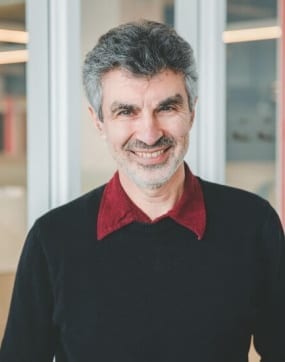
IVADO
Université de Montréal
Mila
Yoshua Bengio is a full professor in the Department of Computer Science and Operations Research at Université de Montréal, as well as the Special Advisor and Founding Scientific Director of IVADO and Scientific Advisor and Founder of Mila . He holds a Canada CIFAR AI chair and is the recipient of the 2018 A.M. Turing Award, considered the “Nobel Prize of computing.”
He is a fellow of both the U.K.’s Royal Society and the Royal Society of Canada, an officer of the Order of Canada, a knight of the Legion of Honor of France, and a member of the U.N.’s Scientific Advisory Board for Independent Advice on Breakthroughs in Science and Technology.
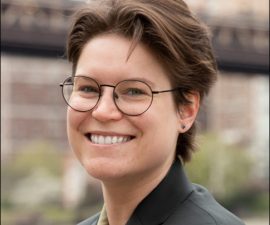
UC Berkeley
Alane Suhr is an Assistant Professor of Computer Science at UC Berkeley, affiliated with the Berkeley AI Research (BAIR) Lab. Alane’s research focuses on language use and learning in interaction, especially situated and collaborative interactions; agents that use language and language-conditioned agentic systems; and language grounding to perception and action.

IVADO
Polytechnique Montréal
Université de Montréal
Mila
Chris Pal is a world renowned expert in deep learning (DL), probabilistic machine learning and applied AI. He received a Google focused faculty Research Award twice (in 2017 and in 2009). He brings a unique multidisciplinary expertise to the team with his strong theoretical background (DL, graphical models, causality, etc.) as well as his key expertise in Natural Language Processing and Computer Vision applied to a wide range of applications domain (medical imaging in health care, satellite imaging for biodiversity and climate change, autonomous driving related to transportation).
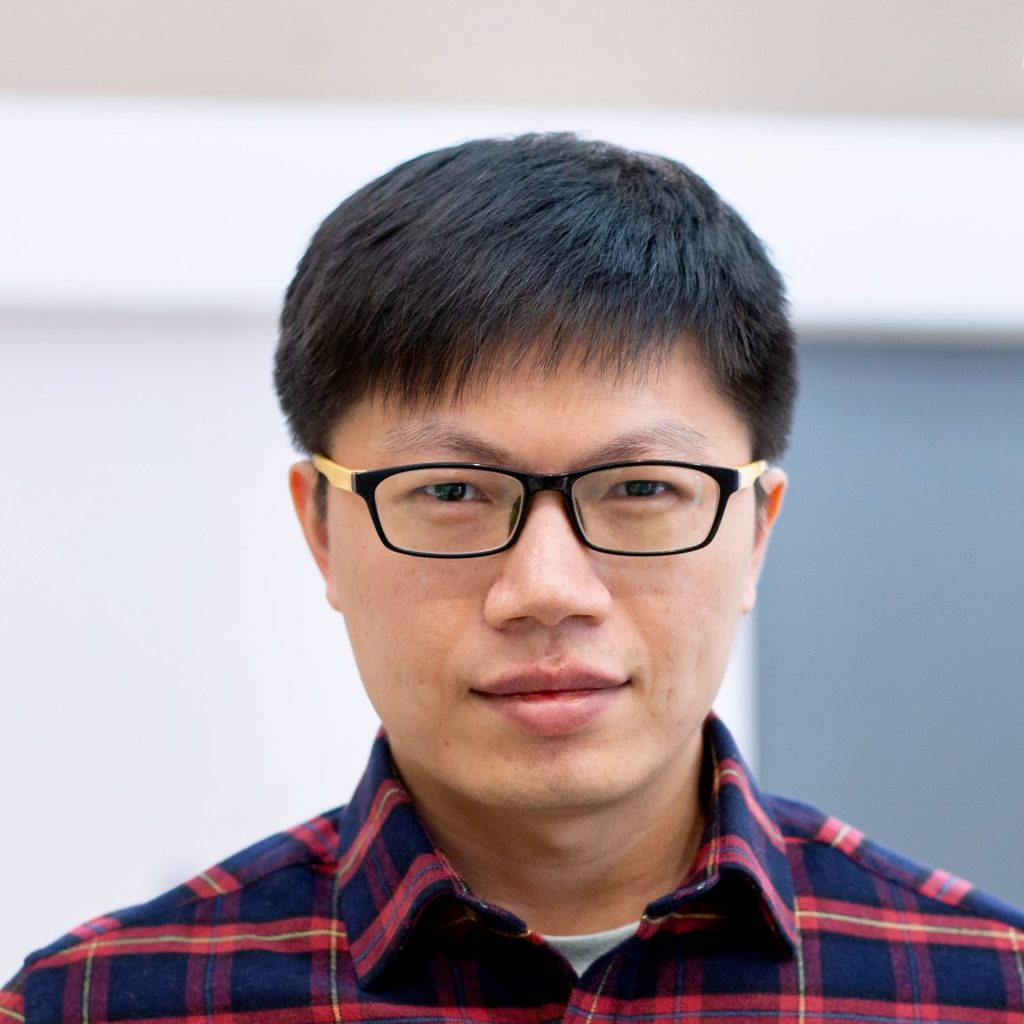
Ohio State University
Yu Su is a Distinguished Assistant Professor of Computer Science and Engineering at The Ohio State University, where he co-directs the NLP group. He has broad interests in artificial intelligence, with a primary interest in the role of language as a vehicle for reasoning and communication. His recent work covers many facets of AI agents including memory, planning, grounding, and safety. He is a 2025 Sloan Research Fellow and has received multiple paper awards from CVPR and ACL.
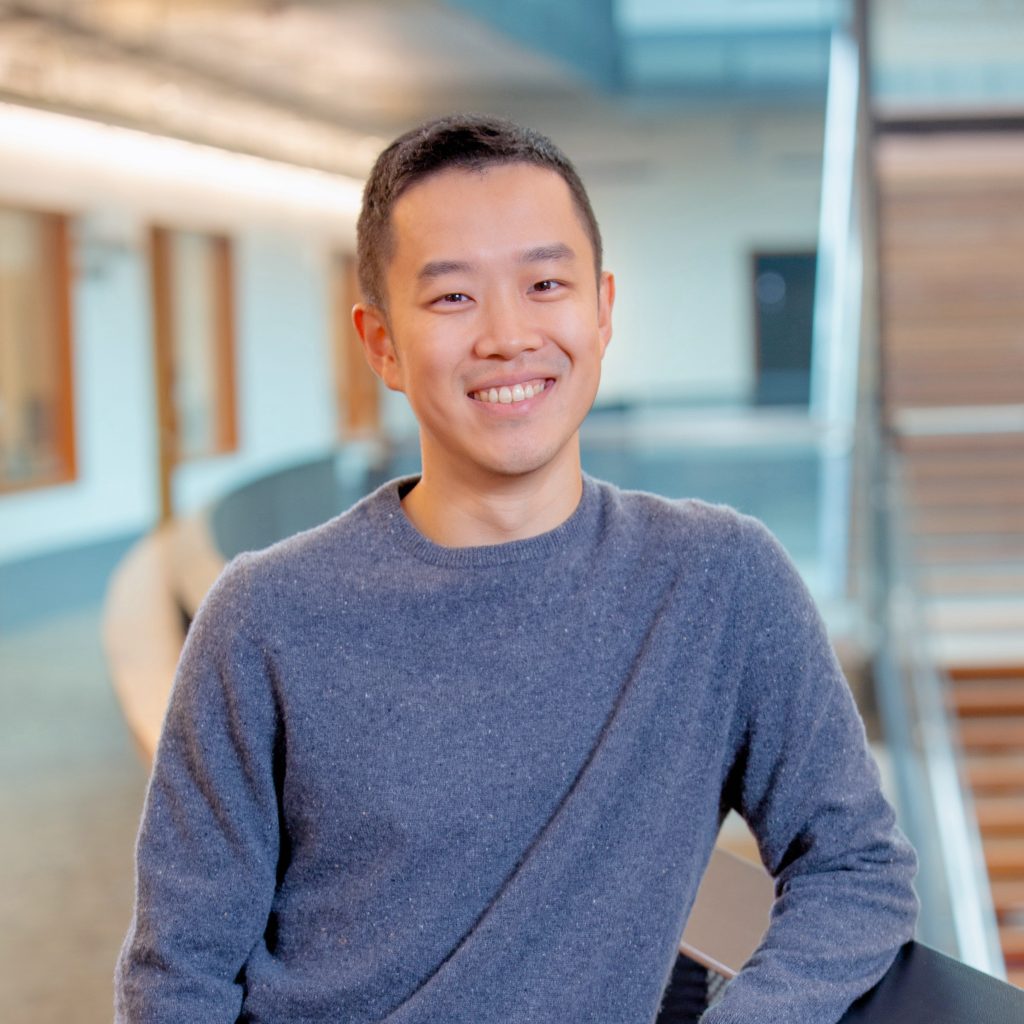
University of Waterloo
Vector Institute
Victor Zhong is an Assistant Professor in the David R. Cheriton School of Computer Science at the University of Waterloo, and a Canada CIFAR AI Chair at the Vector Institute. His research is on efficient machine learning methods that interpret language to generalize to new problems. His group, the Reading to Learn Lab, works on grounded language agents, test-time adaptation, and learning from language feedback. Victor received a PhD in Computer Science from the University of Washington, a Master’s in Computer Science from Stanford University, and a Bachelor’s in Computer Engineering from the University of Toronto.
Workshops
Bootcamp: Focusing on the Current State of Agents


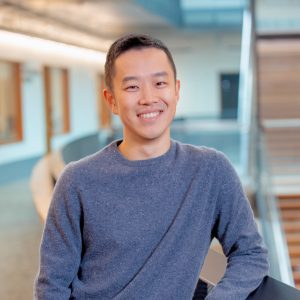
1st Workshop: Assessing and Improving the Capabilities and Safety of Agents


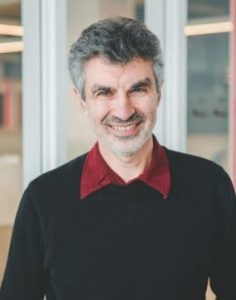

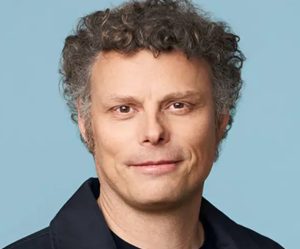
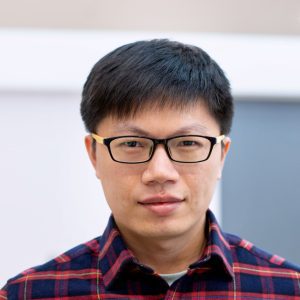

2nd Workshop: Deploying Autonomous Agents: Lessons, Risks, and Real-World Impact







Registration
Registration is requiered to attend the Thematic Semester activities in person and to access early recordings. Space may be limited, and you are advised to register early.
Please follow the link below to register for the Thematic Semester:
Fees per activities are as follows:
Student: $40
Post-Doc / Early Career Researcher: $70
Researcher (Professor, Senior Researcher, etc.): $120
Industrial Member: $240 (Bootcamp only)
Full payment is required upon registration for each activity. Prices include taxes.
Please note:
1. Sessions will be held in English.
2. IVADO regularly takes photos and videos of activities for use in videos, publications and promotional materials.
Accommodations
To help you organise your trip, we have put together a list of hotels and residences that may be of interest to you.
We also recommend that you visit https://www.mtl.org to find out about entertainment, events, accommodation and other useful information.
Hotels and Residences
Le Square Phillips Hôtel & Suites
1193, Place Phillips
Montréal, QC, H3B 3C9
Phone: +1 866-393-1193
info@squarephillips.com
To benefit from IVADO’s preferential rates, please inform the hotelier when you make your reservation.
Terrasse Royale
5225, Côte-des-Neiges
Montréal, QC, H3T 1Y1
Phone: 514 739-6391
info@terrasse-royale.com
Residence Inn Marriott Montreal Midtown
6785, boulevard Décarie
Montréal, QC, H3W 3E3
Phone: 514-303-8888 / 1-888-303-8881
Courtyard Montreal Downtown
380 boul. René-Lévesque Ouest,
Montréal, QC, H2Z 0A6
Phone: 1 514-398-9999 / 1 800 678-6323
Residence Inn Montreal Downtown
2045 rue Peel
Montréal, QC, H3A 1T6
Phone: 514 982-6064
Château Versailles
1659, rue Sherbrooke Ouest
Montréal, QC, H3H 1E5
Phone: 514 933-3611 / 1 888 933-8111
info@versailleshotels.com
La Maison McKenna
5301, rue Mckenna
Montréal, QC, H3T 1T9
Phone: 514 738-2053
info@maisonmckenna.ca
Hôtel SENS
1808, rue Sherbrooke Ouest
Montréal, QC, H3H 1E5
Phone: 514 933-8111 / 1 888 933-8111
reservations@sensmtlversailles.com
Hôtel Château de l’Argoat
524, rue Sherbrooke Est
Montréal, QC, H2L 1K1
Phone: 514 842-2046
chateauargoat@videotron.ca
Le Nouvel Hôtel
1740 boul. René-Lévesque Ouest
Montréal, QC, H3H 1R3
Phone: 514 931-8841 / 1 800 363-6063
info@lenouvelhotel.com
Other suggestions
Long-Term Visitors
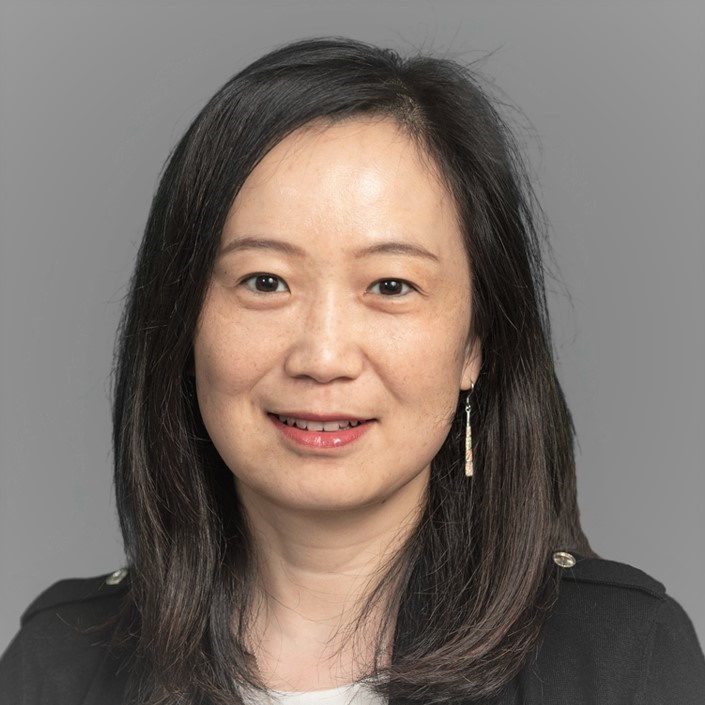
Joyce Chai is a Professor in the Department of Electrical Engineering and Computer Science at the University of Michigan. She holds a Ph.D. in Computer Science from Duke University. Her research interests span from natural language processing and embodied AI to human-AI collaboration. Her current work explores the intersection between language, vision, and robotics to enable situated communication with embodied agents. She is a recipient of the NSF Career Award. She has also received multiple awards with her students (e.g., Best Long Paper Award at ACL 2010, Outstanding Paper Awards at EMNLP 2021 and ACL 2023, and the First Place in the Amazon Alexa AI Simbot Challenge 2023). She is a Fellow of ACL.

Abhik Roychoudhury is Provost’s Chair Professor of Computer Science at the National University of Singapore (NUS), where he leads a research team on Trustworthy and Secure Software (TSS). He is Senior Advisor at SonarSource, subsequent to the acquisition of his spinoff AutoCodeRover on AI agents for coding. He received his PhD in Computer Science from the Stony Brook University in 2000, and has been a faculty member at NUS School of Computing since 2001. Abhik’s group at NUS has focused on symbolic program analysis, along with applications of program analysis to areas such as computer security, agentic AI or cyber-physical systems. These works have been honored with various awards including an International Conference on Software Engineering (ICSE) Most Influential Paper Award (Test-of-time award) for (symbolic analysis based) program repair, IEEE New Directions Award 2022 (jointly with Cristian Cadar) for contributions to symbolic execution.
Abhik was the inaugural recipient of the NUS Outstanding Graduate Mentor Award 2024. Doctoral students graduated from his research team have taken up faculty positions in many top academic institutions. He has served the software engineering research community in various capacities including as chair of the major conferences of the field, ICSE (in 2024) and FSE (in 2022). Currently, he serves as chair of the FSE steering committee. He is a member of the editorial board of Communications of the ACM. He is the current Editor-in-Chief of the ACM Transactions on Software Engineering and Methodology (TOSEM). Abhik is a Fellow of the ACM, recognized for contributions to automated program repair and fuzz testing.
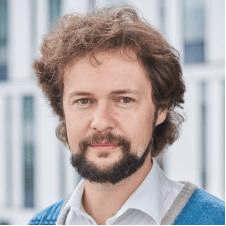
Ivan Titov is Full Professor at the Universities of Edinburgh and Amsterdam. In Edinburgh, he directs the Centre for Doctoral Training in Natural Language Processing and the local ELLIS unit. His research focuses on developing language models that are trustworthy, robust, interpretable, and controllable. He has received paper awards at top conferences (including ACL and EMNLP) and fellowships such as an ERC grant and a Dutch Vici award. Ivan is a Turing Fellow, an ELLIS Fellow, and co-director of the ELLIS NLP program. He has also served as program chair for ICLR and CoNLL, and as an editor for TACL and JMLR.
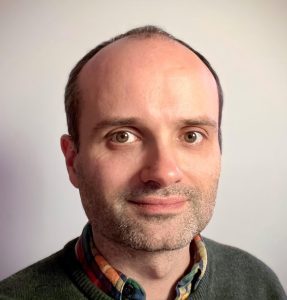
Desmond is an Associate Professor and a Villum Young Investigator at the University of Copenhagen. His group currently focuses on tokenization-free language modelling, multilingual and multimodal processing, retrieval-augmented generation, and synthetic data generation. His work received a Best Paper Honorable Mention at the Workshop on Visual Concepts at CVPR 2025, the Best Long Paper Award at EMNLP 2021, and an Area Chair Favourite paper at COLING 2018. His research is funded by grants from Google, Meta, the Villum Foundation, the Novo Nordisk Foundation, and the European Union.